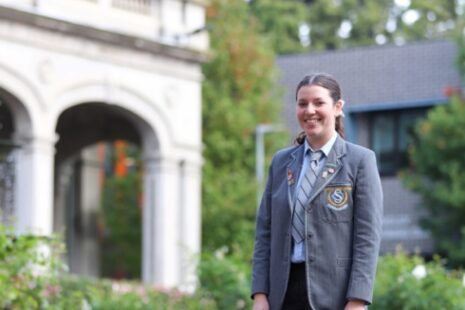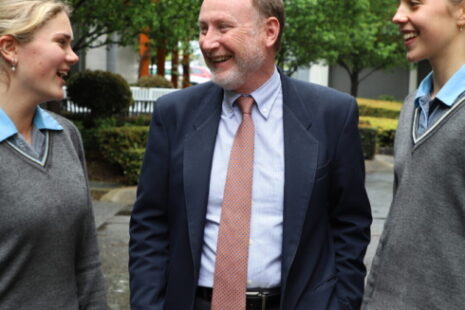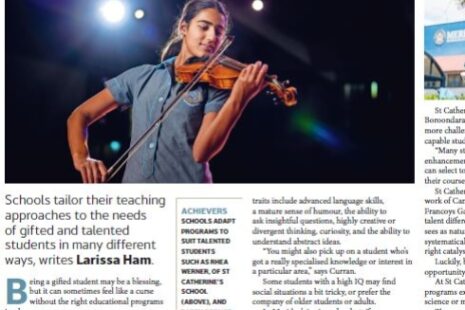Learning How to Lose

Can you remember how you felt when you won your first real trophy or medallion? Chances are it was when you were quite young, and you were excited. Was it for swimming, netball or football? Did it inspire you to train harder or continue in the sport? It may well have been a presentation night for a club and possibly only a select number were lucky enough to receive a trophy reward.
As we grow older, the reward of a trophy or medallion seems to hold less value, and it seems you get one just for entering a competition, with many ending up in the bottom of a drawer. This leads me to ask the question, are we rewarding our children with ribbons, medallions and trophies to a point where they are driven only by the reward at the end?
For young children, a reward is important but I question whether we are rewarding simple achievements and setting our children up for disappointment in the future. If you have never experienced losing a race or competition and have always been rewarded along the way, it can be quite upsetting when you are not selected for the netball or soccer team, or later in life when you are not chosen for that dream job.
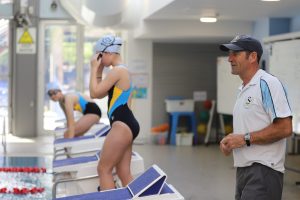
Recently, I completed a survey asking whether I valued a trophy or medallion for completing a triathlon or multisport race. I was a little surprised by the result of 51 per cent in favour of and 49 per cent against trophies and medallions. However, it did make me realise that the value of a reward depends on the journey you have taken in order to achieve the medal. For example, a 50-year-old decides they are going to run a marathon for the very first time and, after months of training, achieves their goal. The medallion for that person will probably hold enormous value to them. If it was your twelfth marathon and you did not run the time you were hoping for, then the medal may end up in the sock drawer.
I can recall an under 14s football coach once saying, “If something comes to you easily in sport, then it probably is not worth having!” One of the great things I value as an educator is when students are rewarded for their persistence, when a personal best is achieved or progress in a team has occurred. Even better is when a student ‘connects the dots’ and realises that their training in the pool or on the track over a period has brought about that success. That is the real win!
“If you want the fruit you must shake the tree.” – Unknown.
Having strategies to deal with not winning is important, and as much as we tell our children to keep trying and train hard, there are times when they will just not win or make the team. For a 10-year-old, that can be devastating news, but it is important that he or she realises that they have not failed.
Lenow (2016) in his article ‘Letting Kids Learn the Lessons of Losing’ points out that from losing, we learn a new perspective on humility, perseverance, learning from your mistakes and that success requires hard work. He also points out that “As parents, many of us are probably guilty of not ever wanting our children to fail. And all of the best players learned how to lose at some point in their careers.”
If you do not win or make the team, then it is acceptable to feel angry or disappointed. It is from this feeling of disappointment that perseverance and determination can be built if focused in a positive way.
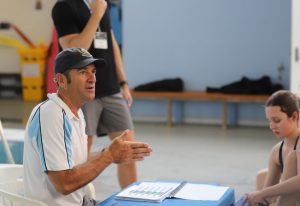
Kevin Day’s article on sportsdadhub.com details ‘The Fine Line Between Wanting to Win and Accepting Defeat’. In his article, he recounts his journey with his own son and a neighbourhood game called ‘Hotbox’. The rules of the game are not important but the lessons from losing are what he highlights:
- How to move on after a loss.
- Understand the importance of persistence and resiliency.
- The desire to get better.
We all want our children to be involved in sport for the fantastic life lessons it teaches and the fun and camaraderie that it brings, but as teachers and parents, we need to be there to support our young athletes as they experience a loss or failure and provide encouragement to help them have another go. Years after the event, sometimes that third place ribbon in the E-Division Sprint race may not seem that important.


